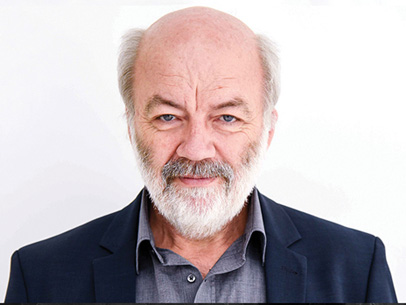
This month, I want to focus on the planning for the International Year of Quantum Science and Technology (IYQ), which will begin in January 2025.
The campaign for an international year of quantum began several years ago, led in particular by the American Physical Society (APS) and the German Physical Society (DPG). Other physics-related organizations and learned societies quickly joined forces in the effort. Mexico’s UN delegation headed up the initiative to secure an endorsement from the UN Education, Cultural and Scientific Organization (UNESCO), and as a result of hard work by all, in late 2023, UNESCO recommended enactment of the IYQ proposal. Finally, the UN delegation of Ghana guided the proposal to the UN General Assembly, which on 7 June 2024 voted to make IYQ a reality.
IYQ’s 2025 timing marks the centennial of the first efforts by Werner Heisenberg and Erwin Schrödinger to develop a mathematical formulation of quantum mechanics. In hindsight, the revolution in physics of the early 1900s leading up to that milestone is now called the first quantum revolution. The subsequent “second quantum revolution”—which continues today—involves the wonderful things one can do with a single quantum system.
At first, a single quantum system seemed exotic and was a topic only of fundamental theoretical research (by scientists such as Erwin Schrödinger, Albert Einstein and, later, John Bell). But as time passed, it became possible to do experiments, still focusing on the foundations—with Nobel Prizes going to Serge Haroche and David Wineland (2012) and later to Alain Aspect, John Clauser and Anton Zeilinger (2022). Today, it’s clear that innovative applications are opening the door to future quantum technologies, related to computing, sensing and communications. Disruptive technological advances will be made—some no doubt very soon, some in the longer-term future—that would have seemed impossible before.
In short, we live in most exciting times. And IYQ, whose preparations are now under full steam, offers a wonderful opportunity to spread the news.
Optica, as one of the five founding partners of the international consortium administering IYQ 2025 (along with APS, DPG, the Chinese Optical Society and SPIE), will take advantage of that opportunity through a variety of channels. Presciently, the society several years ago established its Quantum 2.0 conference—an event whose name is a distinct nod to the second quantum revolution. Quantum 2.0 started as a virtual event in the pandemic year 2020; this year, the third edition of the conference was held in person in Rotterdam, Netherlands. On the publications side, Optica last year launched Optica Quantum, a journal devoted to high-impact findings in quantum information science and technology.
Beyond these efforts, numerous other outreach activities tied to IYQ 2025 will afford opportunities not only for experts in the field to celebrate, but also for those outside of it to become more acquainted with quantum science and what it can enable. I look forward to seeing you at one of these quantum celebrations next year!
—Gerd Leuchs,
Optica 2024 President
